“Two years of the Taaron Ki Toli (Gang of Stars) programme have equipped Rohit (name changed) with thoughts that are unchained, unshackled, unfettered. Thoughts about gender discrimination at home and outside resulting from gender stereotypes. Thoughts like how discriminating against girls should not be the culture and it cannot be allowed to become a norm. He has realised that a girl should know about her rights and enjoy her rights. His cousin preferred wearing western clothes and was often seen in trousers and skirts. This was never encouraged by her family and it got her a lot of criticism from the community as well. Rohit stood up against this and fought for his sister’s wishes. He has been able to convince her parents and she now is able to wear the clothes of her choice.”
Seeding gender equality
This is a story of change from the state of Haryana, India. Haryana has the lowest child sex ratio in the country, 830 girls to every 1000 boys. And Breakthrough’s baseline research in Haryana schools reveals that schoolboys were more likely to respond that staying in towns is not safe for girls, and also argue that girls’ education should stop once they reach a marriageable age.
The baseline also found that:
- Boys have 55% more access to mobile and internet services as compared to girls.
- 70% of boys and 40% girls agreed that it is more important to send boys for higher education.
On the face of it, these disparate statistics appear to have nothing to do with a school programme. And yet, school may be the very place where one can plant the seeds of change.
Gender biases are enforced at a very young age and become the norms for life. Home and school become spaces where these biases are taught, and/or reinforced repeatedly, for young minds to internalise them. These discriminatory practices establish patriarchal norms in young minds which eventually manifests itself as discrimination against girls, and in the form of violence against girls and women. A generation which grows up believing in gender equality will live by these principles of equality, dignity and justice and pass on the same to the next generation, thereby, breaking the cycle of violence.
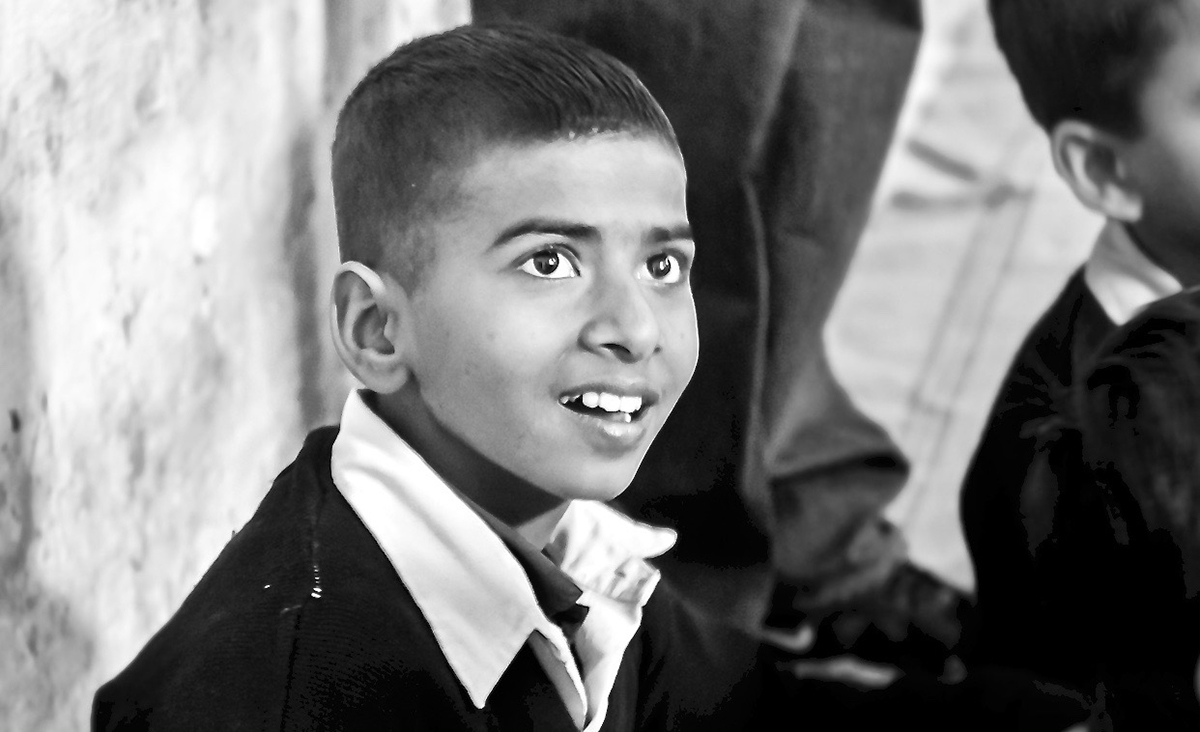
Shifting gender attitudes and behaviours
The results of the J-PAL 3-year Randomised Control Trial with 14,000 adolescents in 300 schools in Haryana, India to evaluate Breakthrough’s gender attitude change intervention, conclusively show a significant increase in awareness on gender equality and a shift in gender attitudes, as well as behaviour among both girls and boys who have undergone the Gang of Stars (Taaron Ki Toli) programme. In the endline of this programme boys have shown more significant behaviour change after the programme intervention as compared to girls, indicating barriers for girls to implement their changed attitudes.
The research also highlights the importance of working with boys along with girls to create safer spaces within schools. Ashish (name changed) from class 9 saw that none of his female classmates ever came to the school ground to play sports. He had often heard some elders say that ‘decent girls do not play’. One of his female classmates was his good friend and also stayed in the same neighbourhood. He decided to speak to her and ask her to come to the ground to play. The first time he spoke, she disregarded him, but Ashish did not give up. He spoke to her regularly till she finally gave in and confided that she too would like to play. Today almost 15 girls come to the ground to play every day. Being a part of the Gang of Stars programme gave Ashish the confidence to do something like this.
Finding the star within
Breakthrough’s Gang of Stars youth-club based programme has the tagline Teri Jeet, Meri Jeet (If you succeed, I succeed). It’s is all about creating awareness about gender issues among adolescents in secondary school.
Gang of Stars encourages children to find the star within themselves. The curriculum weaves gender awareness with life skills, leadership skills, conflict-resolution skills, negotiation skills, and decision-making ability while giving children the tools to identify gender-based discrimination and violence in their own lives. Through school-based activities, students in the Gang of Stars programme:
- Discover how to identify their dreams and strengths beyond the boundaries of gender identity and learn what they can do towards accomplishing them.
- Acquire socio-emotional skills such as interpersonal communication, assertiveness, trust building, leadership and presentation skills.
- Identify gender-based discrimination in their own lives and learn negotiation skills so that they can talk to their parents about the same.
- Learn how to push for gender equality in their own communities.
Their enthusiasm and new-found wings express themselves in day-to-day solutions, street plays, poster competitions and fairs, lifting the heart with a strong message that the world can change for the better.
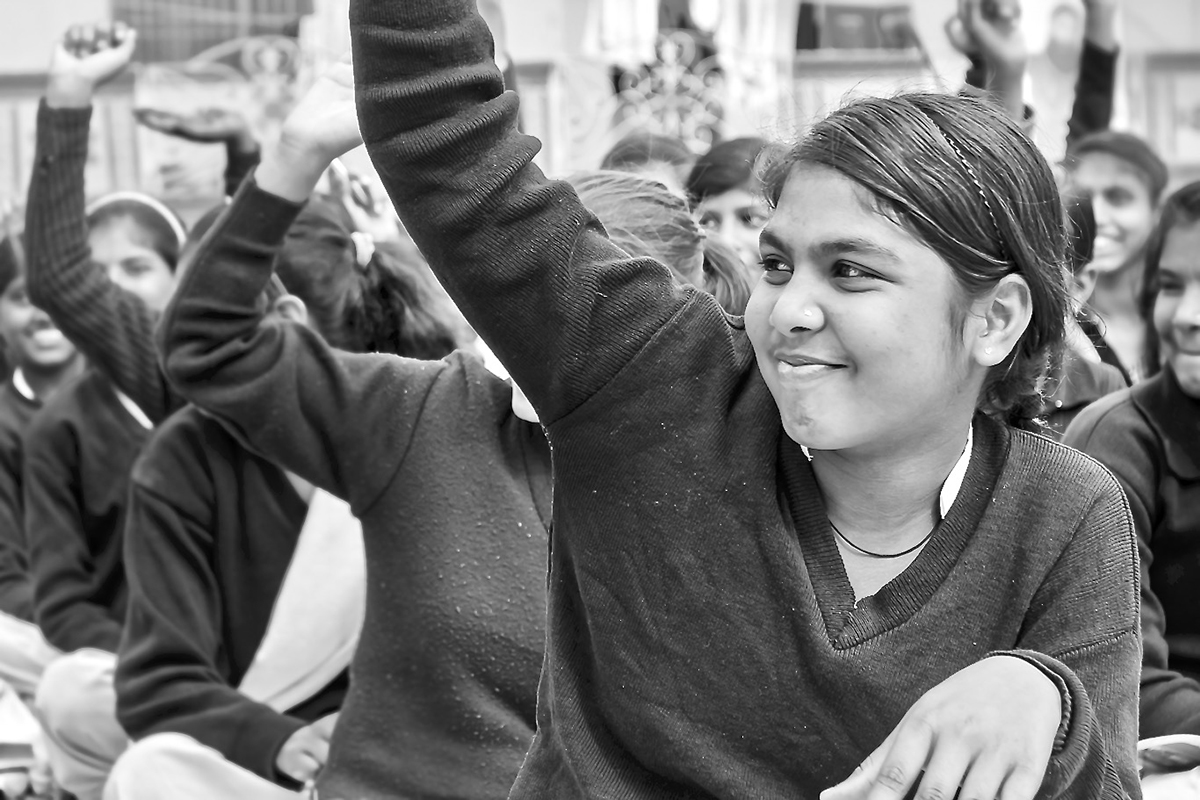
These stars come together regularly every week to learn about gender-based discrimination and explore and understand ways in which they can prevent these forms of discrimination around them — at homes and in their communities. They are led by the Dhruv Tara (guiding stars) — their teachers and principals. These teachers and principals contribute their time and support towards the students through the rest of the year.
A teacher in Haryana was initially apprehensive about girls and boys sitting together for a session and interacting with each other. However, after a few sessions, the teacher approached the Breakthrough facilitator and mentioned that they found the students learned better and respected each other in a co-ed atmosphere.
These are some of the changes that are happening through Gang of Stars, which operates in 828 schools across Haryana, Uttar Pradesh, Bihar and Jharkhand.
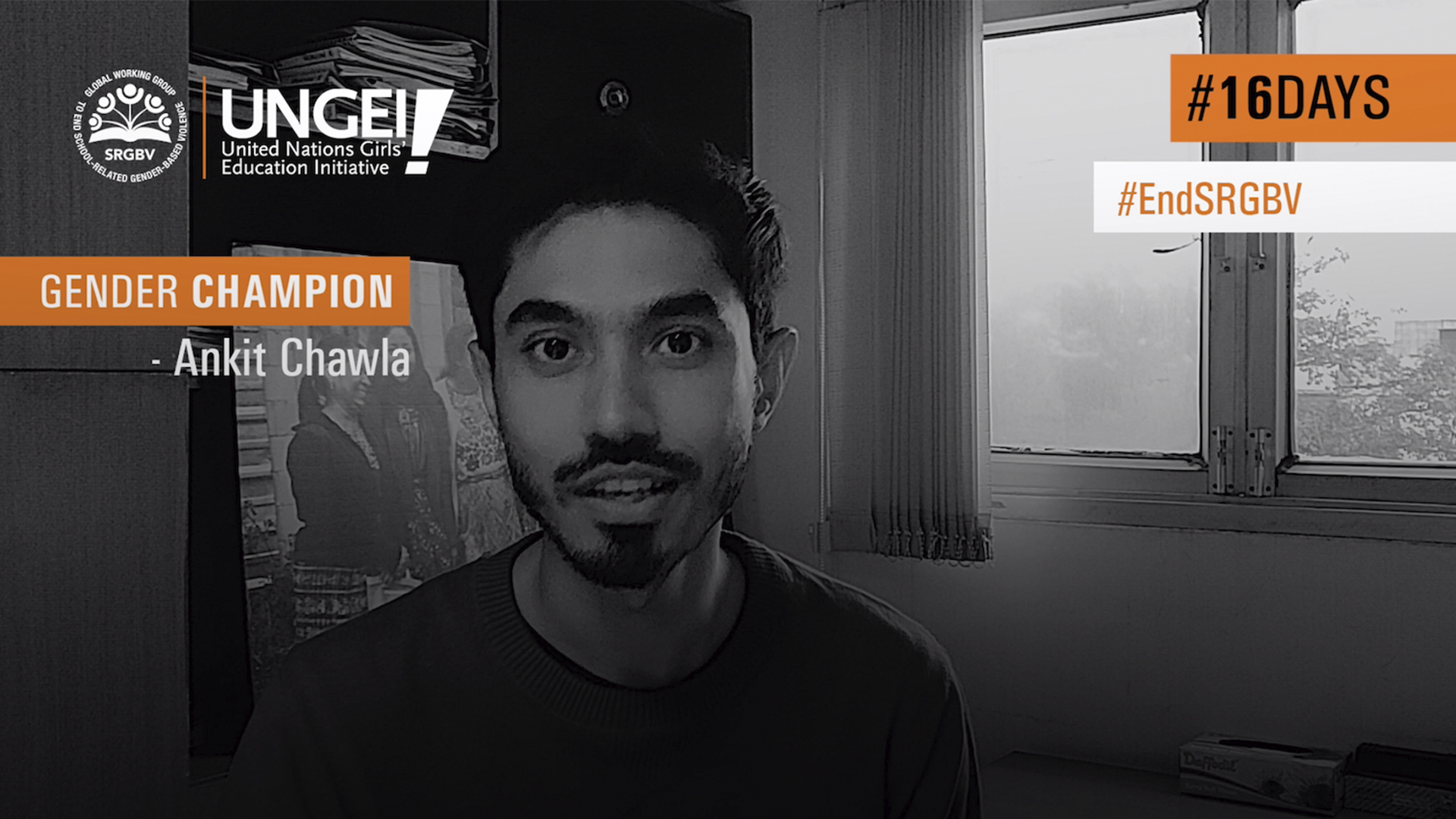
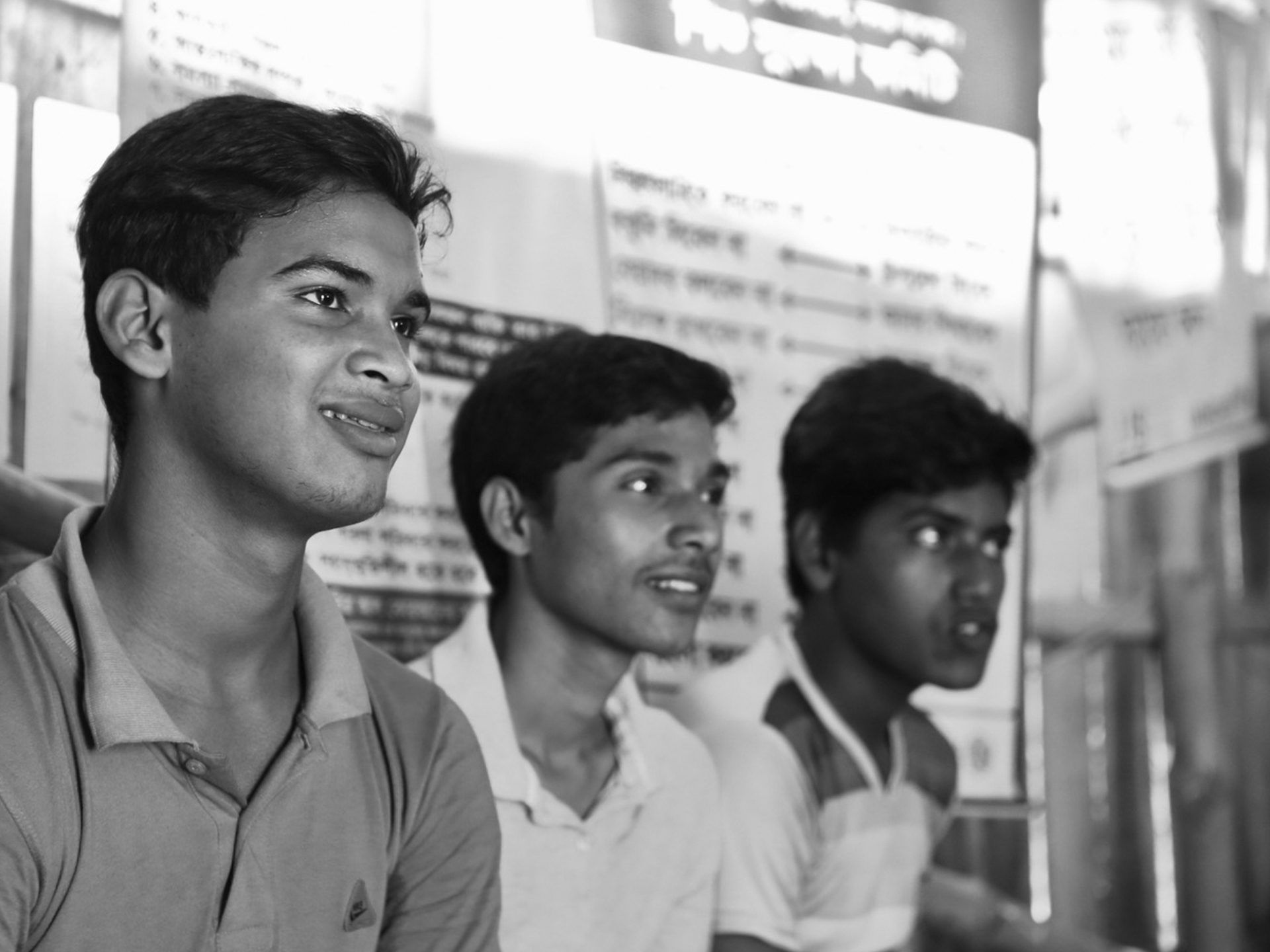
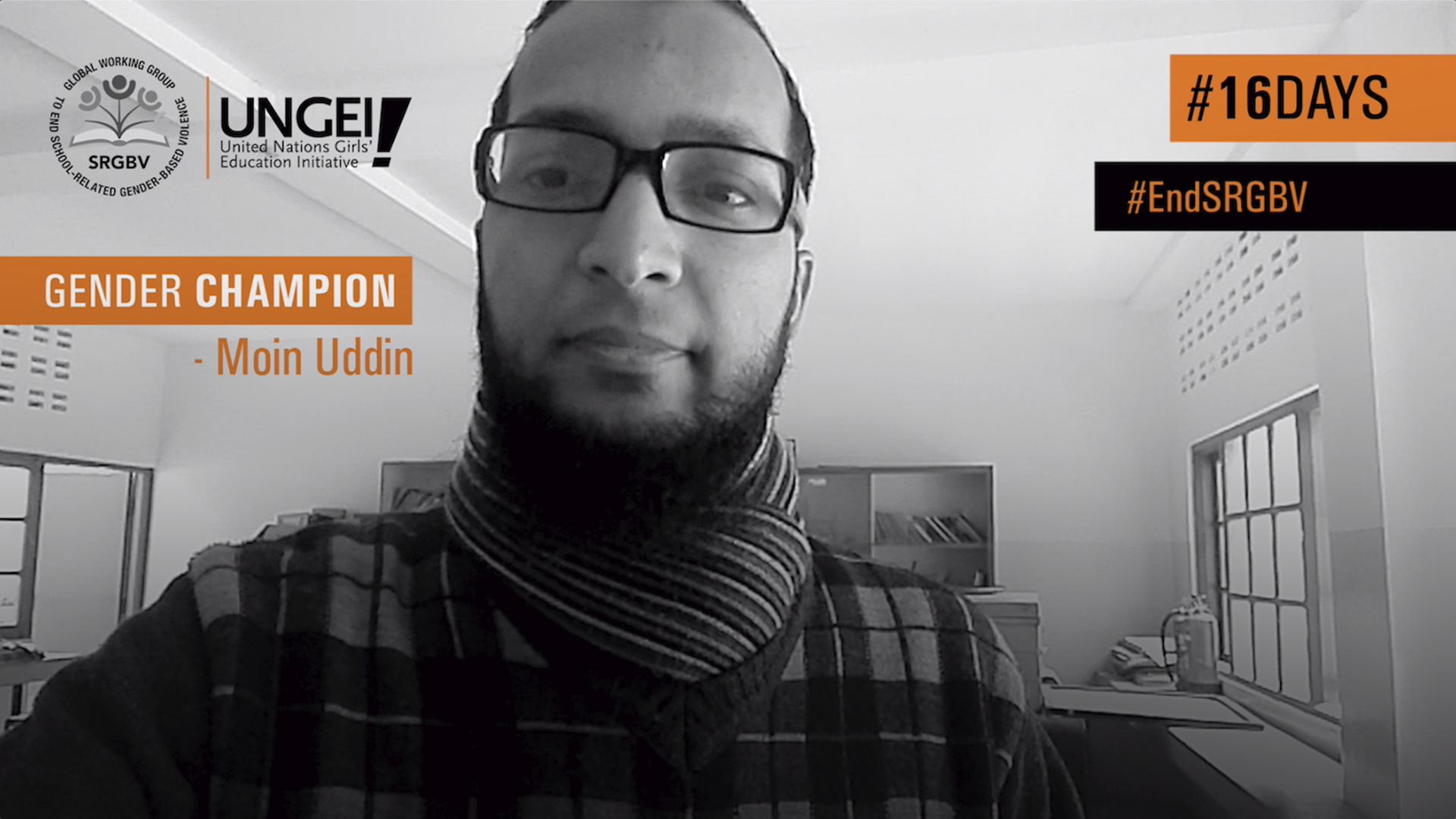
 English
English العربية
العربية Български
Български Hrvatski
Hrvatski Čeština
Čeština Dansk
Dansk Nederlands
Nederlands Suomi
Suomi Français
Français Deutsch
Deutsch Ελληνικά
Ελληνικά हिन्दी
हिन्दी Italiano
Italiano Română
Română Русский
Русский Español
Español Maltese
Maltese Zulu
Zulu አማርኛ
አማርኛ